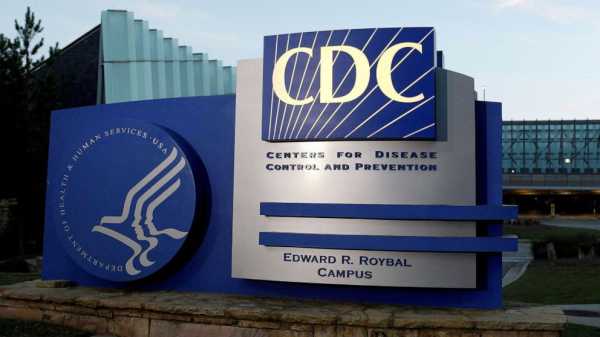The Centers for Disease Control and Prevention issued a health advisory Friday about an increase in an antibiotic-resistant strain of the Shigella bacteria.
Shigella is highly infectious and causes around 450,000 infections in the U.S. every year, according to the CDC.
Shigella is transmitted in several ways, including changing the diaper of a sick infant, by getting the bacteria on your hands and then touching your mouth, through sexual contact or by contaminated food and water, the CDC said in its advisory.
MORE: Teen girls are experiencing record-high levels of sadness and violence: CDC
Usually, people recover without treatment, but those with severe cases or with underlying conditions that weaken the immune system may need to be treated with antibiotics.
The bacteria is easily transmissible and there are few antimicrobial treatment options for medical staff treating patients with the drug-resistant XDR strain of Shigella, according to the CDC, which prompted the warning.

The Centers for Disease Control and Prevention headquarters is located in Atlanta, Sept. 30, 2014.Tami Chappell/Reuters, FILE
The agency has asked health care professionals to be alert about suspecting and reporting cases of the XDR variant of Shigella to local and state health departments "given these potentially serious public health concerns."
Last year, 5% of Shigella infections reported to the CDC were caused by the XDR strain of the bacteria. In 2015, there weren't any infections from the XDR strain reported to the public health agency.
MORE: Suicides rose in 2021 after 2 years of declines, CDC report finds
The increase in antimicrobial-resistant Shigella infections is primarily among men who have sex with men, people experiencing homelessness, international travelers and people living with HIV, the CDC reported.
The CDC said that health care staff should also educate their patients and communities who are most at risk of infection about prevention and how it is spread.
Sourse: abcnews.go.com






